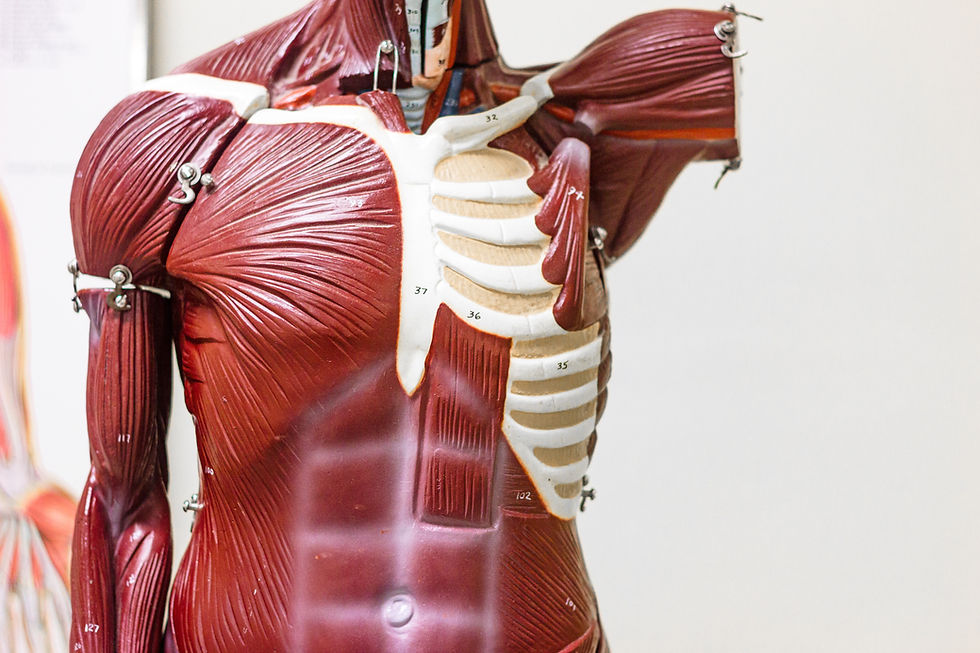Could genetic engineering extend our lives?
- Shaheer Tahir
- May 6, 2024
- 3 min read
In 1952 Biologists Alfred Hershey and Martha Chase discovered that genes are made up of DNA. By 2003, biologists had sequenced the entire human genome. It is evident that in the past century, biologists have come a long way with genetics as many discoveries, theories and tests have taken place. Now that medical researchers are more familiar with genes, they have started to look towards further understanding ways of manipulating genes for the world's benefit. Genetic manipulation is a recently developed branch of biological sciences which is concerned with the modification of the structure of a gene.
Is time really the biggest killer?
Around 2/3 of all deaths in the UK and the world are due to ‘old age’. However, it has been proven that nobody ever really dies of old age. What actually happens is that body cells age, becoming more prone to diseases and infections. This means that if an elderly person catches a disease, they are more likely to die from it than someone younger is. The reason for this is that older cells are slower to respond to the disease, and it is the speed of these responses that determine the strength of our immune system. The elderly therefore have weaker immune systems than the young on average. All deaths classified as 'old age' are caused by (likely common) diseases that weren't easily detectable but were overcome by the slower reactions of the immune system.
This raises a question: could we manipulate or engineer genes in order to restore the fast responses - essentially making the cells young again? This has been considered a huge project as it requires a lot of research, testing and perseverance, as it is very likely that most of the tests carried out will be initially unsuccessful, not to mention the moral issues that come with these studies as testing on certain species may be ethically ambiguous.
What is genetic engineering?
Genetic engineering is the direct manipulation of DNA to alter the characteristics of an organism in a specific and intended manner. This is done to change or induce specific characteristics of a gene.
Some of the applications include:
Gene transfer – using microorganisms as vectors or carriers. This is how insulin was created.
Gene Therapy – using normal or genetically altered genes to replace defective genes which may be involved in causing genetic disorders. At present, genetic engineering technologies are being used to find a cure for Alzheimer’s. (https://www.healthline.com/health/alzheimers/alzheimers-gene-therapy-treatment)
Agriculture – plants can be created which have higher nutritional contents and values, and which are more tolerant to environmental threats and herbicides.
Cloning – one of the most controversial applications of genetic engineering. A sheep, Dolly, was successfully cloned in 1996. (https://www.history.com/this-day-in-history/first-successful-cloning-of-a-mammal)
Research – scientists use these techniques to understand the function of certain genes.
Medication – synthetic insulin is a prime example of how genetic engineering can be used in this field. Genetic engineering has also been used to create vaccines and immune-therapeutic drugs.
It is natural to assume that gene therapy would be the way forward, however it would be extremely difficult to replace every single gene with a new, younger gene as there would be 20,500 genes to replace.
What do medical researchers use instead? In 2017, a woman at the University of Exeter, Eva Latorre, conducted experiments on cell rejuvenation, essentially switching old cells back to younger cells. The research team at the University of Exeter found that by applying chemical compounds called resveratrol analogues, the splicing factors that ‘switch off ‘in old age can be switched back on within a few hours of application.
Within just a few hours the splicing factors start to rejuvenate, dividing themselves the way young cells do. The goal of this rejuvenation is to make humans live healthier lives, and a by-product could be longer living as well. This is only the first step in making humans live longer lives.
Therefore, even though it will be difficult to find a reliable and safe technique to extend human life, it is certainly not impossible. In order to find ways of living longer, much more research must be conducted. Nevertheless, this branch of biology is arguably one of the most exciting in recent years and looks as if it has an encouraging future.


